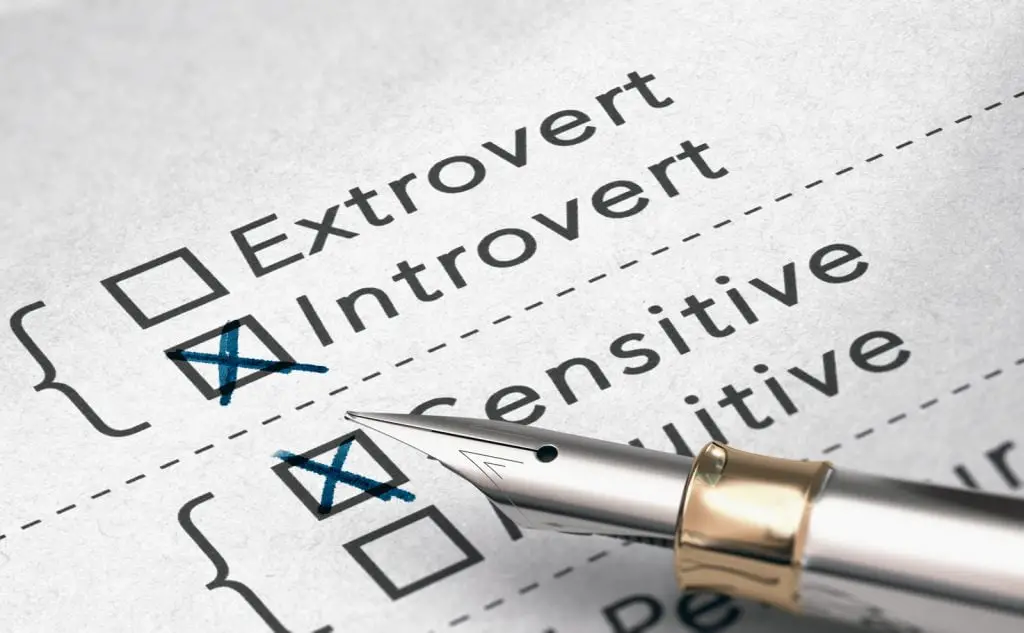The introduction of apps and websites for finding jobs and uploading resumes has meant that it is now easier than ever before to apply for jobs. However, this is presenting challenges for employers as more candidates apply for the same positions.
Pre-hire assessments or pre-employment tests have become increasingly popular options for solving this problem. However, what does this mean for candidates? Here is an all you need to know guide about what pre-employment tests are and how candidates can prepare for them.
What Is a Pre-Hire Test?
Pre-employment testing is part of the interview process. While there are various types of testing, facilitating the employment process by filtering out under-qualified candidates is their primary function. Organizations that utilize pre-employment testing can reduce time spent focusing on unsuitable candidates for a role.
The average hiring period to fill a vacant position takes 42 days and costs $4129. Hiring is time-consuming, costly, and can lead to an increased staff turnover rate if done poorly. By narrowing down the right candidates for the job, organizations spend less time interviewing unsuitable candidates and lead them to reduce the number of resources used when hiring.
How Does Pre-Employment Testing Affect You As An Applicant?
Due to the positive impact pre-employment tests have on the hiring process, companies are increasingly utilizing pre-employment testing. With a 2016 study reporting that over 80% of organizations use some form of pre-employment testing, applicants are more likely than ever to encounter it at some point in their career.
Due to this, knowing what to expect and preparing for pre-employment testing is critical.
Types of Pre-Employment Testing
While some organizations require additional pre-employment tests, like background checks and drug tests, this post focuses on knowledge-oriented pre-employment tests. The five main types of tests that companies use are job-specific skill-based tests, cognitive ability tests, personality tests, work simulations, and culture fit tests.
These tests each have their objectives, and candidates can expect to face differently formatted questions regarding these individual tests. A breakdown of these tests is as follows:
Job-Specific Skill-Based Tests
Skill-based tests cover a series of job-specific questions designed to assess the candidate’s ability and the proficiency of which they can do the job.
These are the most used pre-employment tests, especially when hiring for areas that rely on technical skills, like when hiring coders or accountants. These tests are often practical and require candidates to construct answers.
Cognitive Ability Tests
The main goal of cognitive ability testing is to assess a candidate’s ability to apply job knowledge in a working situation and learn new skills. These tests cover a series of questions that assess candidates’ thinking abilities, including problem-solving, reasoning, and memory skills.
These tests are used across professions and often utilize game-like questions such as puzzles. Candidates should note that they differ from other tests as they examine responses to unexpected scenarios.
Personality Tests
Personality tests collect information about candidates’ motives, communication styles, emotional attributes and more. This type of assessment makes predictions about job performance and satisfaction of the candidate in the role.

Often these tests work where instead of answering questions, candidates rate their agreeableness with specific statements.
There are varying stances on the relevance of both personality tests and culture fit tests and whether they are useful indicators for choosing candidates who will be successful.
Work Simulations
Work simulation tests are designed to assess how candidates react to situations that occur daily on the job activity.
These tests take a practical approach, requiring candidates to apply solutions to problems on the spot as if they were employees. An example of this pre-employment testing approach can be seen in customer service roles where mock phone calls are used. However, this testing can be used across the board.
Culture Fit Tests
Culture fit tests are similar to personality tests but zone specifically on candidates’ values, behaviors, and goals. This information is used to evaluate whether a candidate and organization complement each other and whether they are the right fit to work as part of an organization’s team. These tests tend to ask candidates situational questions about past experiences, opinions and more.
How to Prepare Yourself
As pre-employment testing is an assessment, it is normal to feel nervous. However, candidates should know that it is possible to prepare for pre-employment tests. Here are some tips to help:
Research The Company
Researching the company is essential when preparing for pre-employment testing. Having a sound understanding of what a company does is critical, but companies will often list what testing is required on their websites.
As there are many free pre-employment tests available online, knowing which test is required means that candidates can practice beforehand.
There are also specific sample questions available online too. A great example of sample questions is this accounting test sample questions covering fundamentals, numerical, logical, and verbal reasoning in their problems.
Look Over The Job Description
When preparing for a pre-employment test, job descriptions are fantastic preparation tools as they list the areas of expertise the role requires. These individual requirements are listed and are specific. These act as critical indicators for questions presented on a test and should be treated accordingly.
For example, while both web developers and business intelligence analysts are coding roles, they will require different and specific skill sets and, therefore, will ask additional and particular questions. Job descriptions help candidates to prepare by acting as a guideline for what to expect.
Refresh Your Skills

After researching the company and analyzing the job description, it is essential to revise any relevant theory or practices that candidates may have forgotten or not done in a while.
Practicing applying knowledge to practical examples and trying out practice pre-employment tests will further understand what to expect and prepare candidates for the real thing.
Taking The Test
When taking the real test, candidates should be aware of time allocation to each question and ensure that all the questions are answered. Ways to do this include having a clock to refer back to and reading questions twice.
Overall in knowing what to expect by researching the company, analyzing the job description, and completing mock style assessments, candidates can prepare for pre-employment testing.
Author Bio:
Ella Moffat is a communications intern at Adaface, which provides conversational assessments for companies to find great talent.
